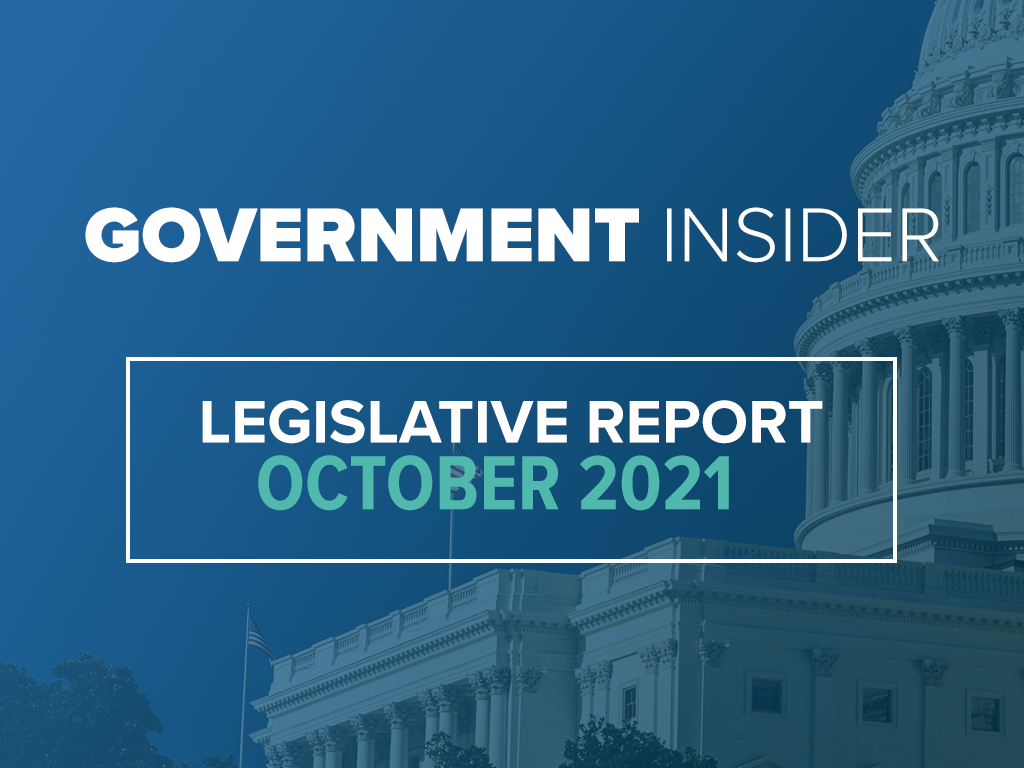Legislative Report October 2021

Here are highlights of legislative activity that could impact the electronic security and life safety industry.
Federal Legislative Summary – October 2021
Congress finally passed bi-partisan infrastructure bill, the “Infrastructure Investment and Jobs Act” (H.R. 3684) last week and there is quite a bit to unpack. The $1 trillion plan was signed into law on November 15, 2021. Some of the major funding and provisions with a potential impact on the electronic security industry include:
- $65 billion for broadband access aimed at improving internet service for rural and low-income families.
- $65 billion to modernize the electric grid by improving reliability and resilience of the power grid.
- $110 billion for building and repairing roads and bridges.
- $25 billion to improve airports and air traffic control towers.
The bill also includes a provision that directs the Department of Transportation (DOT) to establish a pilot program to demonstrate a national motor vehicle per-mile user fee to restore and maintain the long-term solvency of the Highway Trust Fund and achieve and maintain a state of good repair in the surface transportation system.
ESA submitted a letter to the Senate Armed Services Committee last week after learning some amendments in the House-passed version (H.R. 4350) of the National Defense Authorization Act (NDAA) of 2022 included registered apprentice and labor issues we found troubling. For more information on this bill see our blog, “ESA Submits Letter to Senate Armed Services Committee Objecting to Labor Provisions”.
Access the Members-Only Federal Legislative Report
State Legislative Summary – October 2021
Almost half of the bills we reported on during the month of October relate to wage & hour or paid leave benefits. In the aftermath of a COVID-dominated legislative cycle, we expect the trend to address labor issues through minimum wages and paid leave will continue to be a priority with legislators around the country. Some examples include:
Florida SB 644 and HB 6047 would repeal the statute that prohibits local governments from establishing their own minimum wages on employers that exceed the state or federal minimum wages.
Florida SB 688 creates a paid family and medical leave insurance program that would apply to all employers in the state. The formula for the amount of benefit would depend on wage and tenure of employees. This bill includes prohibitions on employers to restrain or take adverse action against employees who exercise this benefit, and the basic provisions provide up to 12 weeks of leave for employees.
Massachusetts S. 1225 This bill alters the minimum wage threshold for exempt (executive, administrative, professional) employees to be raised to $83,000 by 2027. This would mean any exempt employee who makes less than the amount indicated would be eligible for overtime as a non-exempt employee.
New York A. 7503A increases the minimum wage annually by a percentage determined by the commissioner of labor and which is based on inflation.
Ohio SB 47 would except traveling to and from a worksite and performing certain routine tasks from the overtime pay requirement.
Pennsylvania SB 873 and HB 1977 would require all employers with five (5) or more employees to provide 24 hours of paid leave every year to employees (or their partners) who suffer loss from attempted pregnancy, surrogacy, invitro fertilization or adoption.




